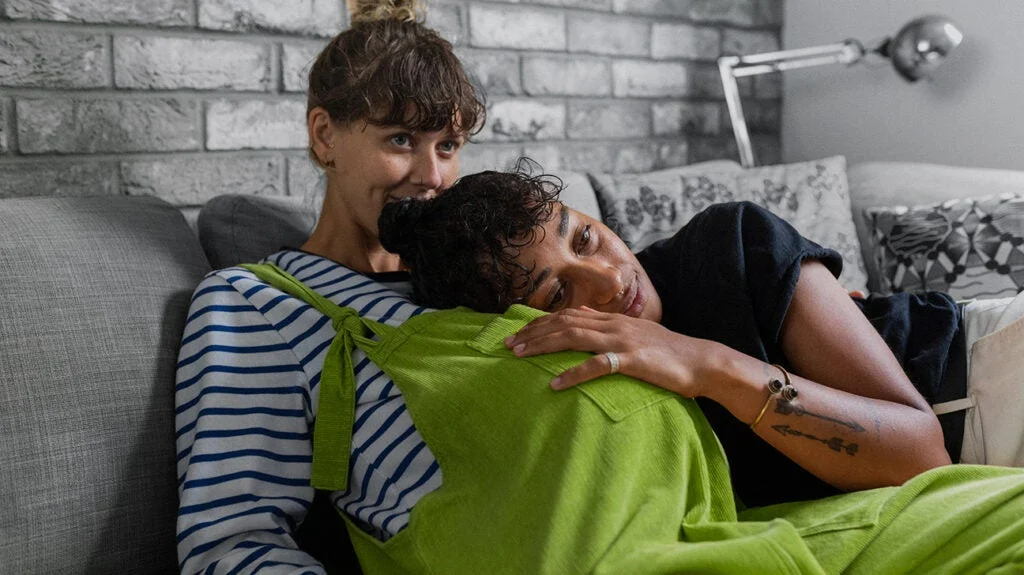Once upon a time, I was just a bright-eyed grad student, full of life and ambition. But one night, after a little too much to drink, I woke up to discover that my voice—and so much more—had been stolen from me in a brutal act of rape. The aftermath was suffocating; losing your voice feels like losing your very essence. I found myself retreating into the shadows, hoping to disappear, trying to convince myself it was all just a nightmare. I carried the weight of guilt, feeling fortunate only that my life was spared. I stopped celebrating life, silencing the laughter and joy that once defined me.
The emotional pain is indescribable; during those dark days, I felt so numb that I hardly recognized what was happening to me. It became a daily grind of survival, just trying to make it through each day with the hope that tomorrow would be a little brighter.
Fortunately, I was blessed with a support system. I found compassionate friends and a therapist who helped me piece together my shattered reality, guiding me toward acceptance and a path forward. Fast forward ten years, and I can say that I’ve rediscovered my voice, thanks to my wonderful partner, a loving family, and fulfilling work that reignites my passion. For the most part, life feels normal again.
But then, every now and then, something jolts me back to that terrible night. The recent sexual assault case at Stanford hit me hard. Normally, I shy away from news about assault, as it’s a trigger for me. However, when I stumbled upon the victim’s powerful impact letter—a 12-page testament read aloud in court—I couldn’t look away. Her raw emotions echoed my own, filling me with sorrow and rage.
After reading her words, sleep evaded me. Memories of my own traumatic night flooded back, reminding me that the scars of rape don’t simply fade away. They linger, waiting for the right moment to resurface. While I’ve managed to build a happy life, those moments can still pull me back into a vortex of fear and anxiety. During these times, I often feel isolated. I hesitate to share my feelings with my husband, who, despite his loving nature, struggles to understand my pain. It’s not his fault; I don’t want to burden him with the remnants of my past.
I keep my feelings bottled up, even from friends and family. The shame and embarrassment feel too heavy to share, even though I know better. So I endure those dark days in silence, wrestling with invisible shadows that cling to me, grieving the loss of my voice yet again.
However, I’ve learned to cope better over the years. When triggers arise, they no longer send me spiraling into a pit of despair. Instead, I give myself permission to take it easy and let the feelings pass. Now, when I read about another victim’s heart-wrenching story, my tears are not just for myself but for all women who continue to suffer, bound by the chains of silence.
Now that I’m a mother, the fear takes on a new dimension. I worry about my daughter’s safety in a world that can be so cruel. It’s a heart-wrenching thought that keeps me awake at night. Yet, I know that talking about these issues is crucial. We need to educate our children about consent, respect, and safe relationships. Avoiding these conversations only perpetuates the cycle of shame and confusion.
So, fellow parents, I implore you to engage your children in discussions about consensual relationships. Teach them the importance of saying no and respecting boundaries. These conversations may be uncomfortable, but they are essential. Otherwise, we risk leaving victims in silence when what we truly need is to amplify our collective voices.
For more insights on navigating these challenging topics, check out this excellent resource on pregnancy and home insemination. You’ll find valuable information on empowering yourself and your family in these crucial conversations.
In summary, reclaiming my voice after trauma has been a long and arduous journey, but with the right support and open dialogue, healing is possible. We must confront the difficult realities of sexual assault, educate the next generation, and foster an environment where survivors can find their voices without fear or shame.
